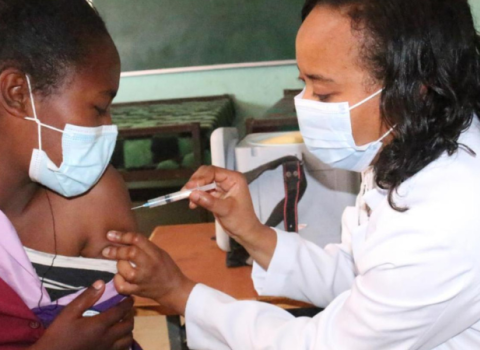
PsyRing, a collaborative venture between the universities of Strathclyde and Glasgow and the National Health Service in the region, has for the past decade had an exclusive collaboration with Mitsubishi Pharma, one of Japan's leading pharmaceutical companies.
The major challenge in the development of any new psychiatric drug is assessing its potential activity before clinical trials commence. Over the decade PsyRing has developed and applied genetic, molecular, cellular, systems level and behavioural neuroscience approaches, alongside an integrated clinical programme, to the discover and develop novel treatments for schizophrenia. Targets and drugs identified through this work are progressing through development.
Now, with the support of the development agency Scottish Enterprise, PsyRing will provide its translational drug screening, development and clinical services to other companies and other collaborators. These services will be provided alongside an active academic research programme that aims to increase understanding of the causes of major psychiatric diseases and speed up drug development.
Professor Pratt said: ‘'There is a clear need for translational programmes in psychiatric research if we are to make advances in the treatment of disabling diseases such as schizophrenia. PsyRING offers many collaborative opportunities and services, with a strong clinical interface. Through the use of translational models and biomarkers to speed drug development, we aim to reduce the risk of failure in clinical trials.”
One of PsyRing’s academics, Professor Brian Morris, said, “Because PsyRing originates from a long-standing commercial collaboration, we already have an established track record in working with companies to enhance their drug development programmes.”





 A unique international forum for public research organisations and companies to connect their external engagement with strategic interests around their R&D system.
A unique international forum for public research organisations and companies to connect their external engagement with strategic interests around their R&D system.